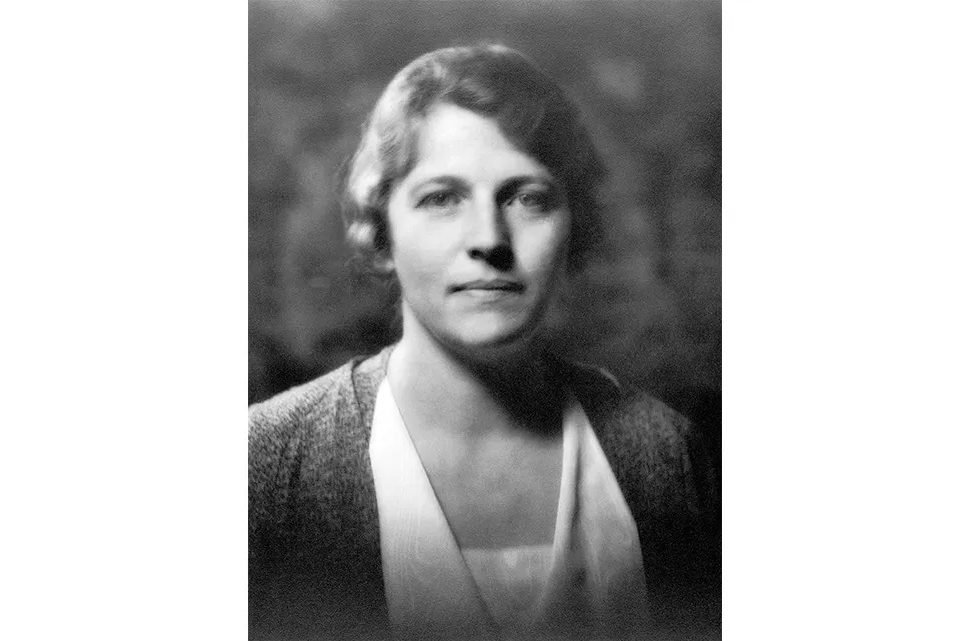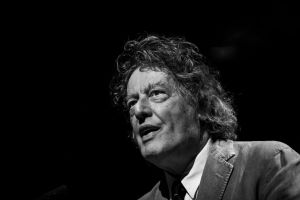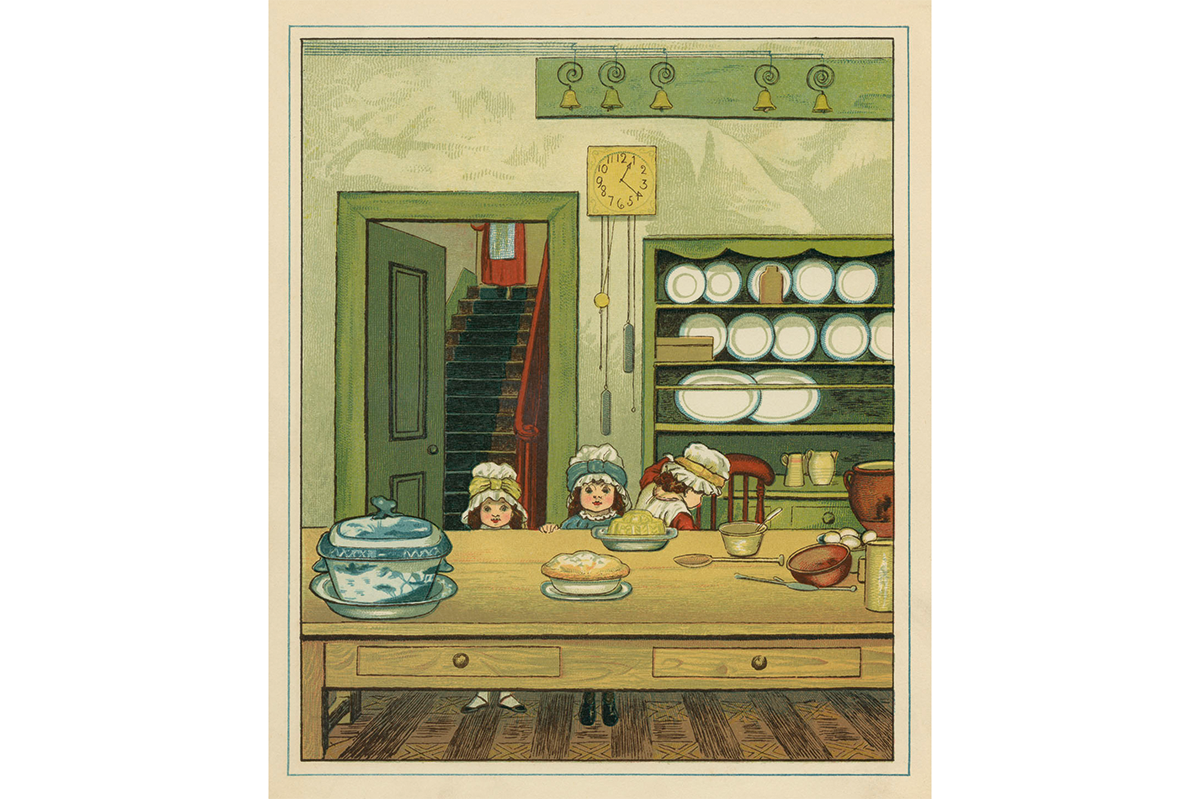Writing the history of the novel, even covering a limited period, is a challenge. No one could possibly read every novel that has been published. Even if you read 100 a year you would scarcely scratch the surface. It isn’t like writing a history of most other subjects, where the important matters select themselves.
You wouldn’t guess from this book how hilarious Lolita is, or some of the best passages of Ulysses
No one could say with certainty that the most noteworthy novels are those which once made, or now make, the most impact. Indeed, a history that included many of the bestsellers of the day would be unusual — one, for instance, that took in G.W.M. Reynolds’s 1844 The Mysteries of London, probably the most popular novel of the entire nineteenth-century in England, or Hall Caine’s The Manxman, whose colossal sales single-handedly put an end to the three-volume door-stopper in 1894. Any account that discussed these at the expense of Villetteor What Maisie Knew would be a history of bestsellers, not of the novel as a whole. Both phenomena are interesting, and so are the conditions that enabled novels to be produced in the first place. But how does the historian decide which books to direct our attention to?
The answer, it seems to me, is to trust a number of filters and let them lead you to out-of-the-way material that may prove compelling. First is the judgment of posterity. If readers still value Proust’s work a century after it was published, that is worth considering. “Readers” may mean the large numbers who continue to devour P.G. Wodehouse, or the sophisticates who relish the novels of Bryher, say. Second is the judgment of a writer’s contemporaries. If so many people loved E. Phillips Oppenheim’s books, the historian has a sort of duty to at least look at them. Third might be the recorded interest of a famous practitioner in a lesser known writer. If you take the trouble to read some of the totally forgotten novelists whom Henry James expressed enthusiasm for, you will find that Jemima von Tautphoeus (an Irish writer of the 1850s) and “Gyp,” a racy French precursor of Colette, are almost as interesting to us as they were to him.
What the historian of fiction shouldn’t do is to write about novels that have obviously “important” subjects. Some works that are worth looking at might be about nothing at all (Uncle Dynamite, Get Shorty, Bouvard et Pécuchet). Those whose main merit is in noisily drawing attention to a big issue disappear if there is nothing else there. Charlotte Elizabeth Tonna’s oeuvre has vanished, while Charles Kingsley’s Yeast and Pearl S. Buck’s The Good Earth are the property of bored specialists, if that.
Edwin Frank is the founder of the excellent American imprint NYRB Classics. Their list includes authors most people know about but probably haven’t read, such as Chateaubriand and Robert Burton; highly impractical but interesting titles such as Uwe Johnson’s colossal Anniversaries; and other curiosities such as Howard Sturgis’s Belchamber. It’s not tied down by superficial notions of “importance” but driven by confident good taste.
Stranger than Fiction — how the title dismays me — aims to cover the twentieth-century novel, reaching out beyond the English language to French, Latin American, Spanish, Portuguese, German, Russian, Japanese and Italian authors. That is admirably ambitious — the opposite of parochial — and certainly acknowledges how many novelists live and work across the borders of language: James Joyce engaged with Italo Svevo and Salman Rushdie came out of Gabriel Garcia Marquez.
Some thirty books are discussed. Most are from the “Great Novels” university courses of old — In Search of Lost Time, The Magic Mountain, Ulysses, Mrs. Dalloway. Some are beneficiaries of the recent acknowledgment that great novels exist outside Europe and North America — Natsume Soseki’s Kokoro or Chinua Achebe’s Things Fall Apart. There are two or three unfamiliar choices from familiar literatures, such as the Italian writer Anna Banti’s novel about Artemisia Gentileschi; but it seems clear that the standard for inclusion is “greatness” quite narrowly defined.
Frank’s principal approach is to consider each work within a larger, non-literary setting. In Search of Lost Time, The Magic Mountain and (less convincingly) Ulysses are placed in the context of World War One, which occurred between the conception of each book and its completion. It comes into Proust’s last volume and engineers the final transformation, the celebrated bal des têtes — though in fact the all-pervading Dreyfus case might have proved a better context.
There is a school of criticism which tries to claim that the most unlikely novels deal with weighty subjects — for instance, that Mansfield Park is really about slavery. Frank’s books are well chosen for his approach, but inevitably the selection leaves out much delicious, irresistible triviality. There is the impression that a novel which contains a grand subject is preferred to something more ambiguous. Is The Magic Mountain unarguably a better work than Buddenbrooks? A suspicion, too, that the Great Novel has no use for the joke. You wouldn’t guess from Frank how hilarious Lolita is — disgraceful, but true — or some of the best passages of Ulysses. In my view, a novel is invariably elevated by acknowledging, like Proust or Dickens did, that anything can be funny.
Frank doesn’t limit himself to writing about cataclysmic events as they impact on the novel. The Crystal Palace, for instance, was “the celebrated centerpiece of the great 1851 World’s Fair in London.” Commendably, he also tries to describe the stuff that novels are made of. This is not a critic who has forgotten that fiction consists of words, and his insights can be helpful — I had never noticed that Proust’s La Prisonnière takes place over three days. It is interesting, too, to learn that Edward Bulwer-Lytton was an inspiration to early Japanese novelists. Quite often, though, his specific observations seem more enthusiastic than enlightening. I honestly don’t know what he means by the following, on Kafka:
…the pace of his sentences, which capture the sense of time — mental, emotional, historical — on the fly and set his work apart, making it, you could say, a genre of one,
The Great Books approach also has the unhelpful result of leaving novels oddly distinct from their circumstances. Very often Frank finds something unique that one knows to be a familiar resource. When Vassily Grossman, in Life and Fate, gives us the thoughts of a Jewish child’s last moments in a Nazi gas chamber, it is very powerful. But novelists had been showily going inside the heads of characters just as they died since Quilp drowned in The Old Curiosity Shop at least. Great novels are less detached from others, good or bad, than you might gather from this book. The Magic Mountains, after all, a very grand version of that most tawdry of German genres, the spa romance. Nabokov is an elaborate stylist; but everything Frank says about his “sentences of such consciously licked finish… his gift for metaphor… the ruthlessness and tenderness of his sensibility” had long been said about George Meredith, and no doubt will go on being said about one exquisite after another for decades to come. Frank is very well read, but limiting an account of twentieth-century fiction to monuments of greatness, narrowly defined, is a bit like trying to explain Donald Trump, let us say, by referring to almost no one else except Ronald Reagan. Authors do their best with the circumstances they work in and the hand they have been dealt, jockeying for position, and an honest account of the novel’s place in the world and in history has to acknowledge that.
The fiction of the past faces a challenge these days that nobody had anticipated. The Oxford professor Jonathan Bate said recently that his students find the task of reading a work by Dickens — Dickens! — almost insuperable. If the literature of previous centuries has any chance of being read, perhaps critics with the intelligence and insight of Frank should not emphasize its profundity, importance and po-faced seriousness. Even the greatest works are capable of sweeping fury, and of reveling in the tawdry, the vulgar, the irresistibly ridiculous, the grand spectacle and the preposterous finale. Reading Frank on novels I know well, I didn’t recognize what I love about them; when he discussed books I hadn’t read, I wasn’t tempted to try them. If we’re going to go on reading the classics, it can’t be primarily a matter of duty, but of immense joy — which, I have to say, Frank’s work as a founding editor has always guaranteed.
This article was originally published in The Spectator’s UK magazine. Subscribe to the World edition here.

























